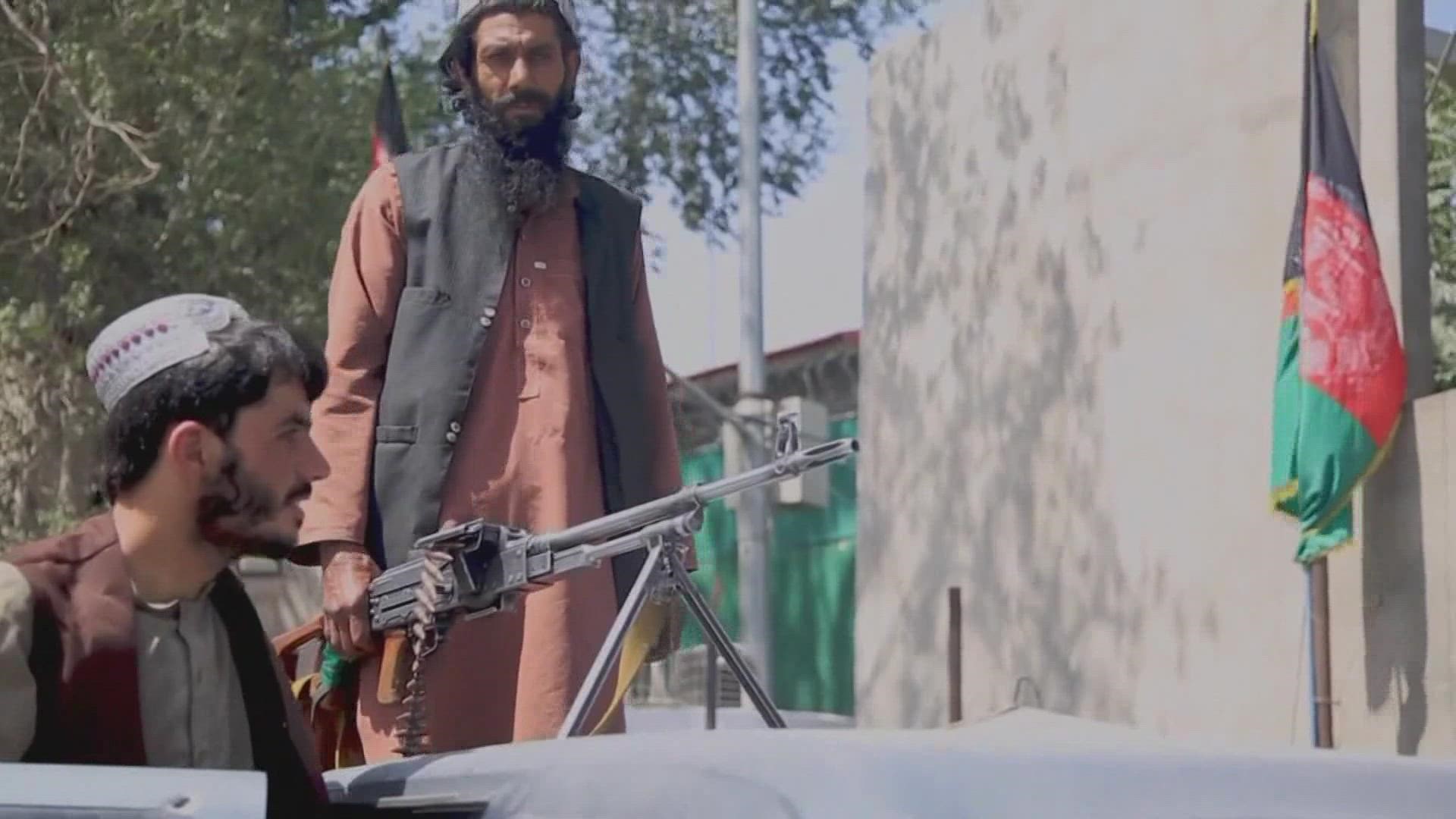MAINE, USA — The withdrawal of troops from Afghanistan is tough for veterans who served there, but also for veterans of all generations.
Veterans of all ages are weighing in on the U.S. troops withdrawing from Afghanistan. Many of them asking, 'was what I did worth it?'
"Questioning the decisions that you made while you were overseas, questioning why you were asked to do the things you were asked to do," Former Army Captain Joe Reagan, director of Military and Veteran Outreach at Wreaths Across America, said.
He wrote a letter reflecting on what this all means as a post-9/11 veteran.
"It's just bringing to the surface a lot of distress or memories of prior experiences they may have had," Captain Reagan said.
For veterans experiencing this, experts say to limit the amount of news you are consuming, and don't be afraid to reach out for help.
"The withdrawal on Afghanistan is having a huge impact on moral injuries that they struggle with," Hannah Longley with NAMI Maine said.
Moral injury, while not a formal diagnosis, Longley added is common in the veteran community.
It affects a person's moral belief system and when injured, can have an impact on the way someone sees the world and can lead to suicide attempts.
"When we think about how we navigate the world it's through that foundational belief system and so when that is challenged, or that is injured or that is fragmented we see it as an increased risk," she said.
Mental health effects when withdrawing from war are not a new concept.
"You can line up 20 veterans from Vietnam and ask them the same question and you're going to get 20 different answers," Retired Navy Commander David Patch said.
While there may be 20 different answers, Commander Patch said there was one emotion in common.
"I think we all felt, sad," he said.
When asked what he would say to Afghanistan veterans during this time, Commander Patch says he would thank them for their service and their sacrifice and encourage them to get help.
Some of the resources available to veterans are the VA Hospital, NAMI Maine, the Elizabeth Dole Foundation, and the National Veteran Crisis Line at 1-800-273-8255.

